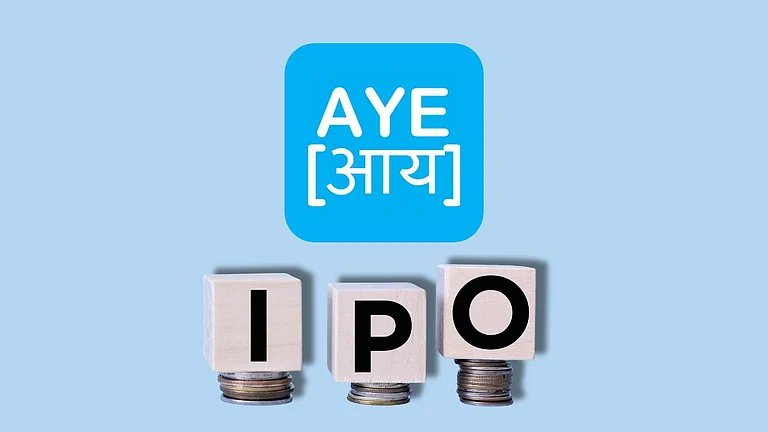To be your own boss and not being answerable to anyone has a certain charm but it comes with its own set of challenges, the biggest being putting your finances in order. When you are self-employed, especially when you are new at it, means not having the financial stability of getting a regular pay cheque. Hence, it is extremely important to be smart about managing your expenses by creating a budget and having an emergency fund in place.
How To Make A Monthly Budget?
Remember that when you are self-employed, even if you have an idea about the income range, there is a high likelihood that your income may fluctuate. It makes sense to assume the worst before charting out a budget for yourself. Let us say your income varies between Rs 60,000 and Rs 90,000 a month. In this case, when making a budget, consider Rs 60,000 as your income and ensure that you meet all your fixed expenses with that.
If you’re a self-employed person, it’s a good idea to review and assess your budget every month to take stock of your finances. It’s important to make sure your expenses are in sync with your earnings.
“While there are several pros for one to be self-employed, the biggest challenge will always be how to build and stick to a household budget during times of household income turbulence. Being self-employed, it’s given that income may vary month to month. Where income may be uneven, having a real idea of how much money your family needs is a good point to start with,” says Arijit Sen, a Sebi-registered investment advisor and co-founder of Merry Mind, a Kolkata-based financial advisory firm.
How To Ensure Your Contingency Fund Is Adequate?
When you are self-employed, you need to spend judiciously and put something aside for bad times. You can do so by creating an emergency or contingency fund. While salaried employees are recommended to have a contingency fund equal to six months of their expenses, if you are self-employed, you should have a contingency fund which is equal to nine to 12 months of your expenses. In a bad month, basic expenses could be met from the contingency fund itself.
While meeting regular expenses should be the top priority, don’t ignore including the savings for your financial goals when putting aside an emergency fund.
“It should be your primary objective to top up your contingency fund during good months because sacrificing your lifestyle during bad months could be unpleasant. While building the contingency fund, people often miss considering the investments to be continued for future financial commitments (financial goal) even during bad months,” says Sen.
If you’re in an industry where you earn seasonal income, then cash flow planning should be approached accordingly.














